Search

Follows the 108 members of UKandapos;s first ever Citizenandapos;s Assembly on Climate Change
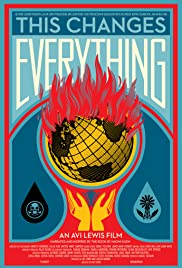
Based on Naomi Klein’s book This Changes Everything: Capitalism vs. the Climate, a look at how people in various communities around the world play a role in the ongoing climate change debate and how they’re affecting change in trying to prevent the environmental destruction of our planet.
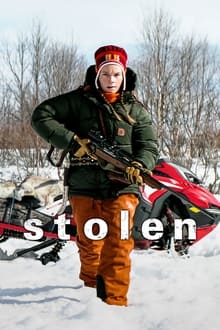
A young woman struggles to defend her indigenous heritage in a world where xenophobia is on the rise, climate change is threatening reindeer herding, and young people choose suicide in the face of collective desperation.
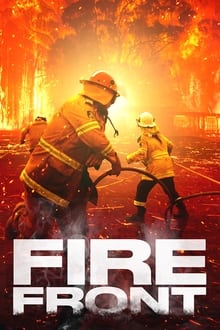
Leading Australian documentarian Eddie Martin puts viewers on the frontlines of the deadly 2019–2020 bushfires, capturing the catastrophe with a perspective and scale never before seen. 24 million hectares were burnt, 3000 homes were destroyed, 33 people died, and nearly three billion animals perished or were displaced. Fire Front is a powerful account of that calamitous antipodean summer, told from the ground where climate change took on the face of hell.
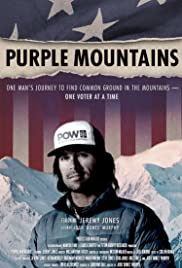
Professional snowboarder and mountaineer Jeremy Jones has an intimate relationship with the outdoors. It’s his escape, his identity, and his legacy. But over the course of his 45 years in the mountains, he’s seen many things change: more extreme weather, fewer snow days, and economic strain on mountain towns. Motivated by an urge to protect the places he loves, Jeremy sets out on a physical and philosophical journey to find common ground with fellow outdoor people across diverse political backgrounds. He learns their hopes and fears while walking a mile in their shoes on the mountain and in the snow. With intimacy and emotion set against breathtaking backdrops, Purple Mountains navigates America’s divide with a refreshing perspective: even though we may disagree about climate policy, our shared values can unite us
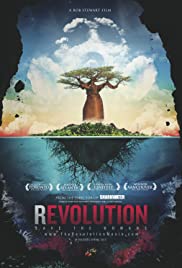
Revolution is a new movie from internationally-acclaimed filmmaker Rob Stewart. A follow-up to his award-winning documentary Sharkwater, this continues his remarkable journey of discovery to find out that what he thought was a shark problem is actually a people problem. As Stewart’s battle to save sharks escalates, he uncovers grave dangers threatening not just sharks, but humanity. In an effort to uncover the truth and find the secret to saving our own species, Stewart embarks on a life-threatening adventure through 15 countries, over four years in the making. In the past four years the backdrop of ocean issues has changed completely. Saving sharks will be a pointless endeavor if we are losing everything else in the ocean, not just sharks. Burning fossil fuels is releasing carbon dioxide into the atmosphere; changing the oceans, changing atmospheric chemistry and altering our climate.
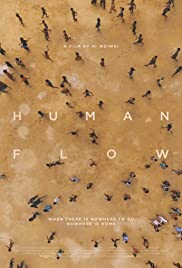
More than 65 million people around the world have been forced from their homes to escape famine, climate change and war, the greatest displacement since World War II. Filmmaker Ai Weiwei examines the staggering scale of the refugee crisis and its profoundly personal human impact. Over the course of one year in 23 countries, Weiwei follows a chain of urgent human stories that stretch across the globe, including Afghanistan, France, Greece, Germany and Iraq.
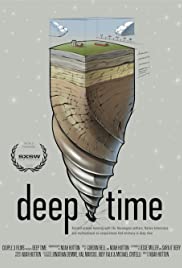
Ancient oceans teeming with life, Norwegian settlers, Native Americans and multinational oil corporations find intimacy in deep time. Following up his 2009 feature Crude Independence (SXSW), Deep Time is director Noah Hutton’s ethereal portrait of the landowners, state officials, and oil workers at the center of the most prolific oil boom on the planet for the past six years. With a new focus on the relationship of the indigenous peoples of North Dakota to their surging fossil wealth, Deep Time casts the ongoing boom in the context of paleo-cycles, climate change, and the dark ecology of the future.
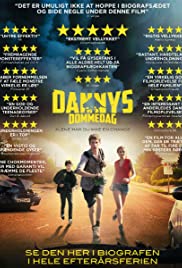
Due to climate change a new race of flesh eating predators arise, who invade and eat everything living on earth. In a residential neighbourhood in a Danish suburb nightmare like scenes are being experienced first hand through the eyes of two teenage brothers, who can’t stand each other, but are now suddenly forced to barricade themselves in the basement together, to avoid getting eaten. From one day to another, without parents and without electricity, food, water and contact to other people, the brothers have to learn to live together in their vital protection bunker, while monsters move past the basement windows and heavy, sharp claws can be heard moving around upstairs on the wooden floors.
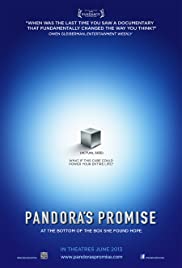
The atomic bomb, the specter of a global nuclear holocaust, and disasters like Fukushima have made nuclear energy synonymous with the darkest nightmares of the modern world. But what if everyone has nuclear power wrong? What if people knew that there are reactors that are self-sustaining and fully controllable and ones that require no waste disposal? What if nuclear power is the only energy source that has the ability to stop climate change?